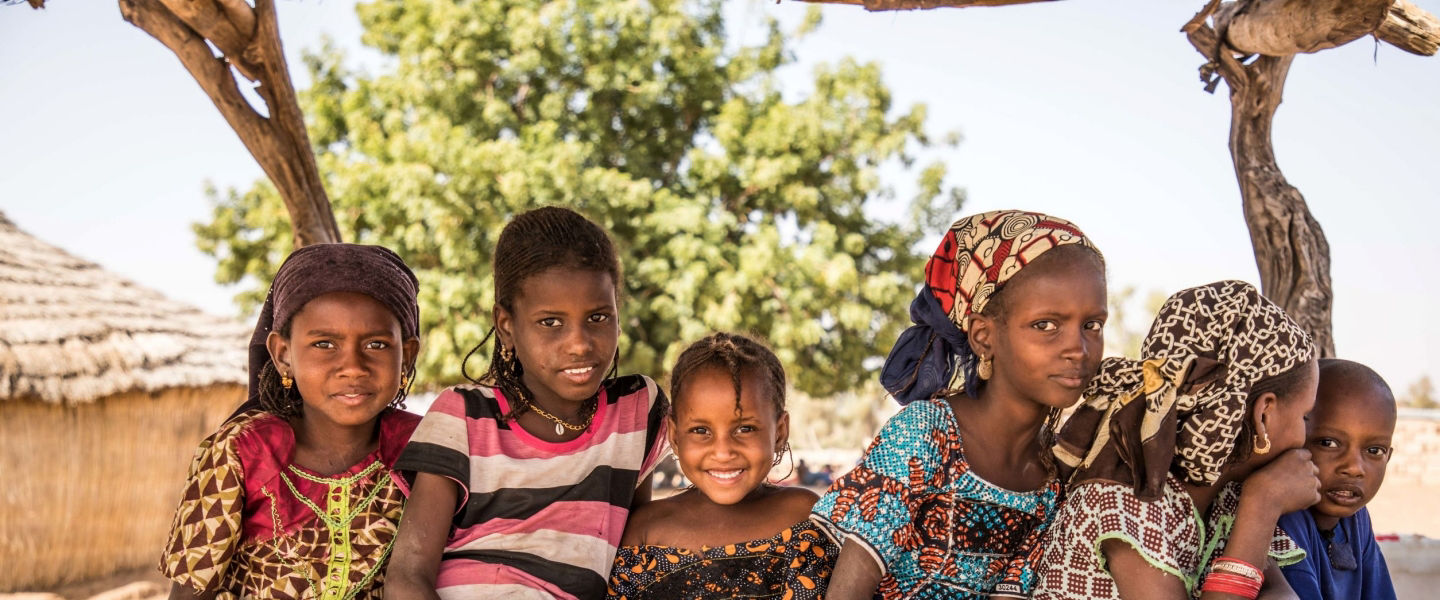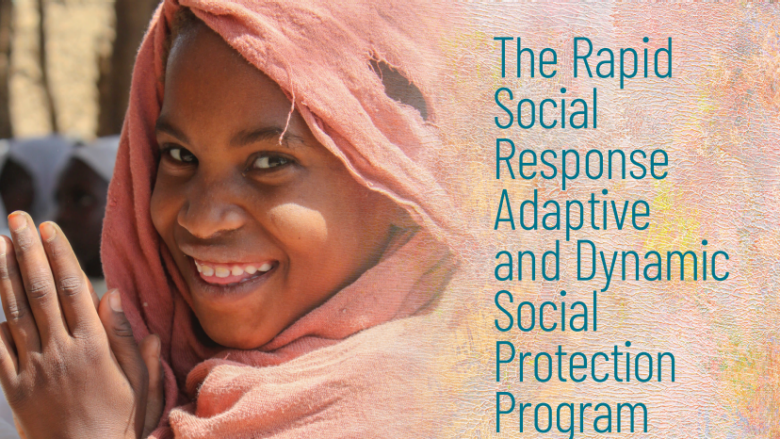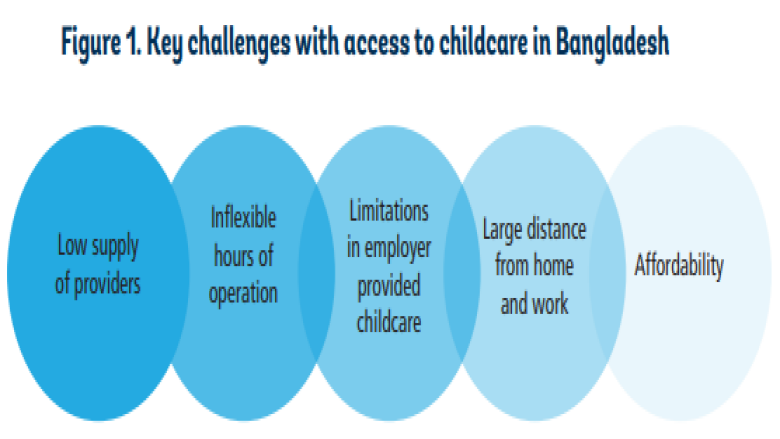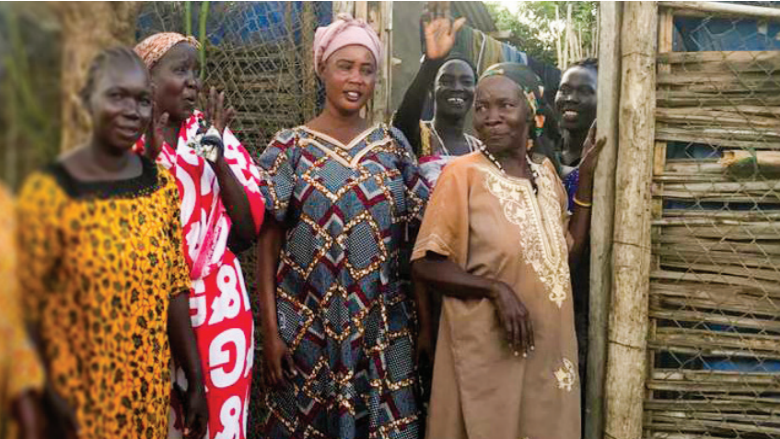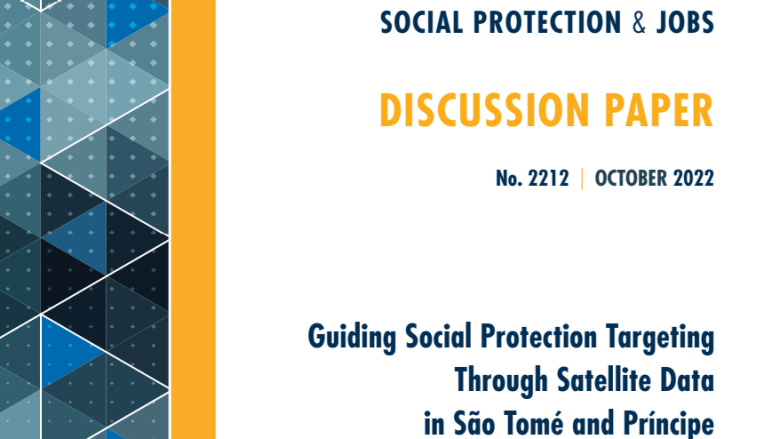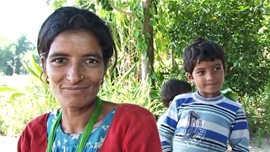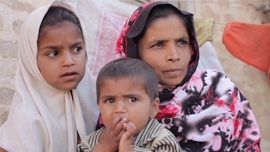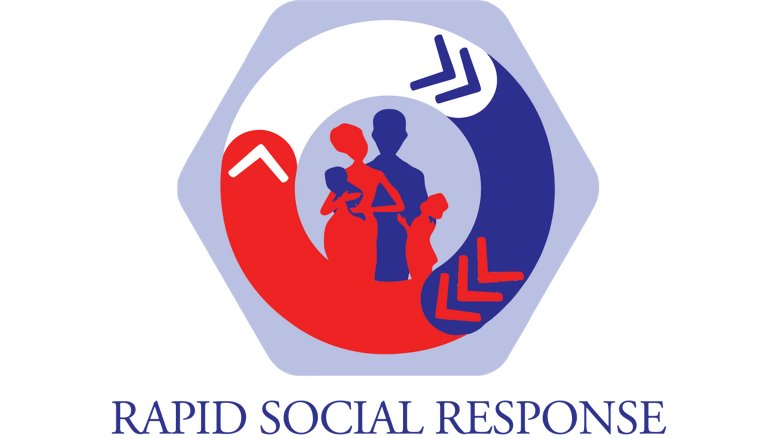The Rapid Social Response (RSR) Program, now the Rapid Social Response Adaptive and Dynamic Social Protection Program (RSR-ADSP), is a key instrument for implementing the World Bank’s Social Protection and Jobs Compass to achieve universal protection and to increase equity, resilience, and opportunities for all vulnerable households. The program works with clients in IDA countries to develop adaptive and resilient social protection systems that can quickly respond to evolving challenges and new vulnerabilities.
Since inception, the RSR and the RSR-ADSP have provided $141 million to fund 384 activities in 109 countries across all six World Bank regions. Moving in to Phase 3 (2023-30), the Program continues to focus on gender, COVID-19 responses, the global consequences of the war in Ukraine, climate change, green jobs, conflict, migration, and other critical areas.
The RSR-ADSP is Generously supported by Australia, Denmark, Norway, Sweden, the Russian Federation, the United Kingdom, the Bill and Melinda Gates Foundation, USAID, the GHR Foundation and UBS Optimus Foundation.
